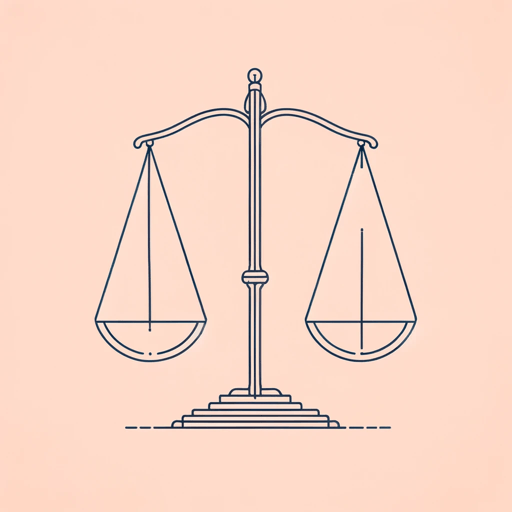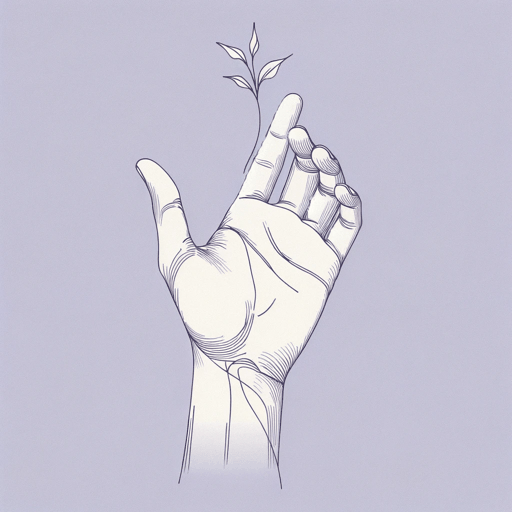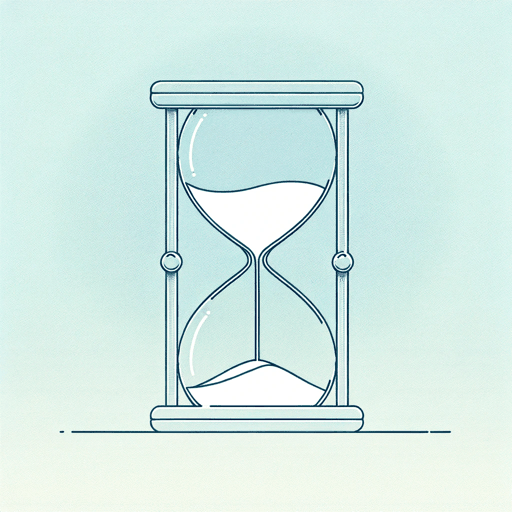55 pages • 1 hour read
Johann HariChasing the Scream: The First and Last Days of the War on Drugs
Nonfiction | Book | Adult | Published in 2015A modern alternative to SparkNotes and CliffsNotes, SuperSummary offers high-quality Study Guides with detailed chapter summaries and analysis of major themes, characters, and more.
Important Quotes
“The pledge to wage relentless warfare on drugs was, I found, first made in the 1930s, by a man who has been largely forgotten today—yet he did more than any other individual to create the drug world we now live in.”
(Part 1, Chapter 1, Page 7)
Harry Anslinger, the first commissioner of the Treasury Department’s Bureau of Narcotics, began the war on drugs during the 1930s by implementing strategies of using racism to galvanize public support and excessively punishing drug users. Hari explains that he originally suspected that the war on drugs began during the 1970s, when President Richard Nixon popularized the phrase, or during the 1980s, when the Reagan Administration pushed the “Just Say No” slogan to warn kids of drugs.
“The drug war was born in the United States—but so was the resistance to it. Right at the start, there were people who saw that the drug war was not what we were being told. It was something else entirely.”
(Part 1, Chapter 2, Page 33)
Hari explores an early instance of resistance to the drug war. This resistance came from Dr. Henry Smith Williams during the 1930s, after his brother, Dr. Edward Williams, was arrested along with 20,000 other doctors for legally prescribing heroin to addicts suffering from withdrawal symptoms. Williams published a 1938 book in which he alleged that Anslinger and the Narcotics Bureau must have known that prohibition would lead to an illicit “black market” for drugs. Williams correctly predicted that the drug war would create a five-billion-dollar illegal drug industry in America within 50 years.
“While Harry Anslinger was shutting down all the alternatives to the drug war in the United States, across the rest of the world, drugs were still being sold legally. Over the next few decades, this began to end—and by the 1960s, they were banned everywhere.”
(Part 1, Chapter 3, Page 42)
Hari examines how and why the rest of the world adopted the same policies of drug prohibition that the US had. The Harrison Act of 1914 outlawed heroin, but a loophole allowed doctors to continue prescribing the drug as they saw fit.
Related Titles
By Johann Hari
Featured Collections
Books About Leadership
View Collection
Books Made into Movies
View Collection
Books on Justice & Injustice
View Collection
Community
View Collection
Contemporary Books on Social Justice
View Collection
Health & Medicine
View Collection
New York Times Best Sellers
View Collection
Politics & Government
View Collection
Required Reading Lists
View Collection
Sociology
View Collection



